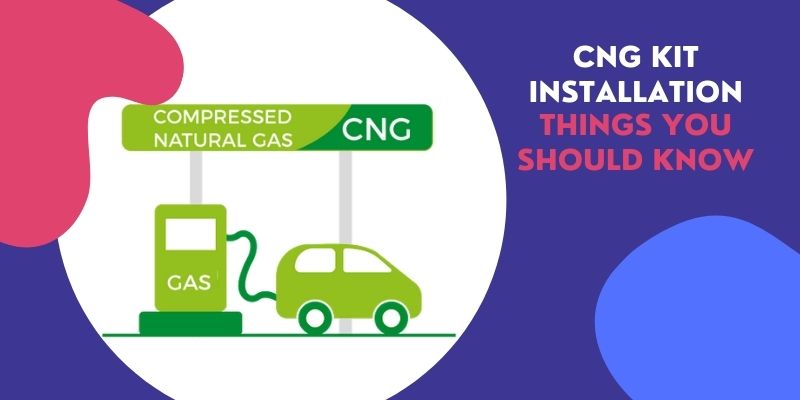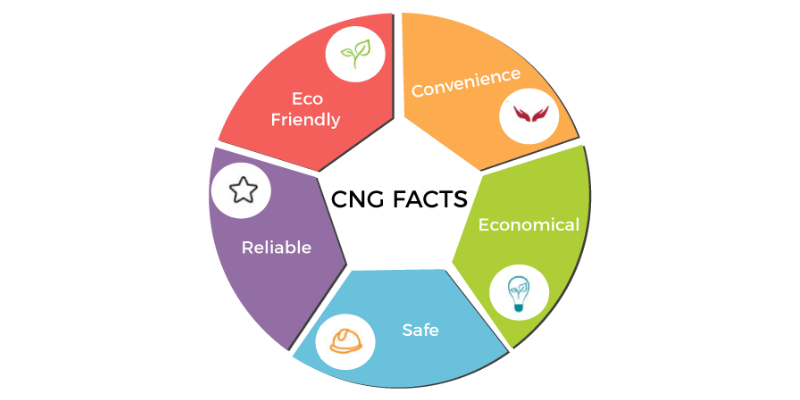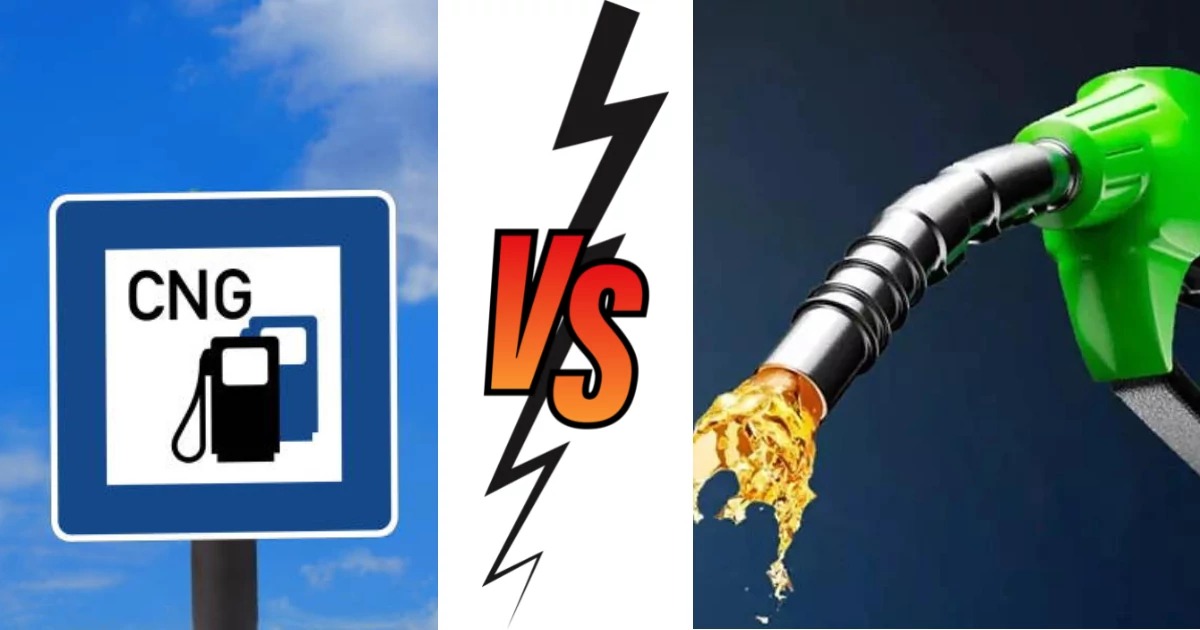What is CNG?
Compressed natural gas (CNG) is a naturally occurring methane gas that is compressed and stored in pressurized canisters for distribution. While CNG is a non-renewable energy source, its efficient burning makes it is less polluting than petrol, diesel or other fossil fuels. Natural gas can be extracted from natural gas wells in the earth or the sea. As a byproduct of oil production it used to be burned off in the early years of its discovery, but today it is pipelined and transported for commercial use.
Compressed natural gas can be readily used by petrol and diesel engines via a fuel injection kit that can be installed on a car. CNG for diesel engines is a costly affair. CNG kits for petrol engines, however, are common and affordable, and have seen tremendous growth over the years.
Benefits of CNG over Petrol/Diesel
Compressed natural gas has many advantages compared to petrol and diesel. Let us list them out for you.
High Efficiency
Cars that run on compressed natural gas are more fuel efficient because CNG burns well and can run for more distance per kg than petrol or diesel cars.
Less Polluting
Often referred to as the ‘green fuel’, CNG does not contain lead and sulphur components and is less polluting than petrol or diesel.
Affordable
Compared to petrol and diesel, CNG is much more affordable.
Safe Fuel
Compressed Natural Gas auto ignites at a very high temperature of 540 degrees celsius. This means that if it leaks it must be exposed to very high temperatures to catch fire. Such temperatures are not found often in normal conditions, making CNG a relatively safe fuel.
Demerits of CNG as a fuel
Decreased Power Output
While driving when you switch from petrol to CNG, you will notice an immediate dip in engine power. This happens because the engine takes some time to adapt to the fuel change. However, after warming up it runs as usual.
Less Resale Value
Vehicles with CNG have less resale value, especially if they’re retrofitted with CNG kits.
Vehicle Re-Registration and Re-Insurance
If you retrofit your car with a CNG kit then you will have to re-register and re-insure your vehicle as now your car can run another fuel. Vehicles that are factory fitted with CNG kits don’t need this.
How does CNG affect your engine?
When you introduce CNG to a vehicle you will experience a reduction in power. This happens because the burning capabilities of CNG and petrol are different. However, this doesn’t harm your engine in any way. Another process you should take care of is maintenance; ensure a regular maintenance schedule of your vehicle. This will help in keeping your engine prepped and running for longer.
Tips for maintaining a CNG car Some tips you can keep in mind for keeping your CNG car running as new.
Always start with petrol: While starting your CNG car never forget to start it on petrol. This is necessary as starting and a few kilometers on petrol helps the engine to warm up, providing adequate temperature for CNG to be introduced. Get a hydro test done every 3 years: A CNG cylinder is a highly pressurised structure and any leaks could be detrimental to the running process as well as the health of the car. A leaking cylinder has a high chance of bursting due to high pressure gas slipping from a tiny chink. During Hydro testing the cylinder is filled with water and subjected to high pressure to check for leaks or damages. Leaking cylinders are discarded; the rest get a testing certificate as well as a compliance plate.
Do not overfill: Hot summers are the reason for this tip. As heat rises the gas molecules in your CNG tank become excited and start to impact the walls of the cylinder. This is the reason why you should leave some space for the gas molecules to move around.
Park in shade: You always try to park your car in the shade to keep the car and the engine cool. No Smoking: Don’t smoke inside your CNG car as this covers the smell of any leaks. It may also accelerate combustion of the leaking gas. Regularly Maintain Filters: We are talking about CNG filters here. Get them serviced or changed as required and have a happy running car.
As we have discussed, understanding the basics of CNG, from its production to its storage and usage, is crucial for anyone considering making the switch. It is important to conduct thorough research and consult with experts to ensure a smooth transition and maximize the benefits that CNG can offer.






